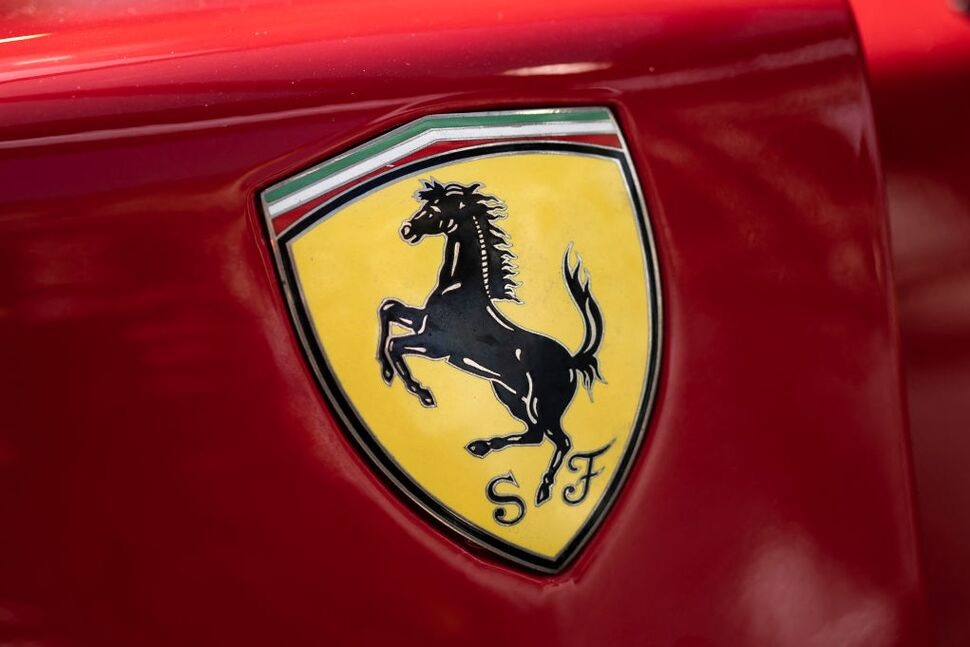
Electric vehicle (EV) investments are still driving headlines. The auto industry's next phase of growth is dependent upon bringing the price of EVs down to make them more affordable for everyday consumers.
Tesla Inc. (ticker: TSLA) continues to dominate the EV market, with its market capitalization soaring in 2025 But, buoyed by government subsidies, Chinese automakers are making significant inroads. BYD and Xiaomi, in particular, are outpacing long-established European brands with aggressive growth strategies across Europe. The world is already feeling the impact.
China's remarkable rise in the EV market is driven by three key moves:
-Raw minerals: With a stranglehold on lithium, cobalt and manganese, China now commands 90% of the EV battery supply chain. Chinese companies are now rapidly establishing battery plants throughout Europe, even as companies like BMW are assembling their EV models in China.
-Customer options: BYD and Xiaomi have introduced EVs priced at about 25% of the cost of a base Tesla Model 3, making them more accessible to a broader audience.
-Global charging station network: China is rapidly deploying charging stations to bridge gaps between major cities, addressing range anxiety – a significant barrier to EV adoption in many countries.
China's expansion has sparked concerns in the United States about its potential to undermine domestic manufacturing strength. During the first Trump administration, tariffs on low-cost Chinese goods were introduced to protect U.S. industries, and Trump campaigned in 2020 on a promised to further raise them to 60%, despite stiff criticism over inflation and supply chain disruptions. Despite vocally objecting to Trump's tariffs, the Biden administration ultimately retained them. In May 2024, President Biden actually quadrupled tariffs on Chinese EVs to 100% and imposed new levies on Chinese semiconductor chips. The Inflation Reduction Act of 2022 further complicated the landscape by limiting tax credits for EVs due to sourcing requirements for battery components.
After making deep investments, re-tooling production lines and investing significantly in electric battery research and development, global car manufacturers were suddenly faced with a steep drop in consumer enthusiasm for EVs. In July 2024, McKinsey published a study revealing that a staggering 46% of EV owners would not repeat their purchase due to range anxiety. Resale values diminished as dealers slashed new car prices to relieve bloated inventories. This volatility has forced manufacturers to heavily reevaluate their net-zero commitments.
The heightened competition from China has led to lower EV prices, creating an unexpected silver lining for the industry. A wider range of prices increases EV appeal to younger buyers hungering for models combining eco-friendly innovation, exceptional design and a budget-friendly sticker price. As automakers respond to evolving consumer preferences, the incoming Trump administration may usher in new policies poised to reshape the EV landscape both at home and abroad. With economic, political and consumer dynamics at play, the industry stands at a pivotal moment in its evolution.